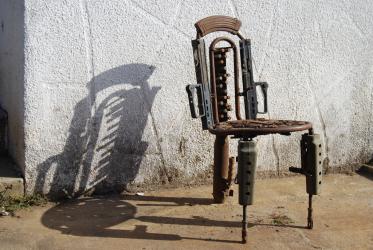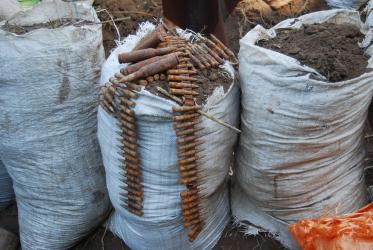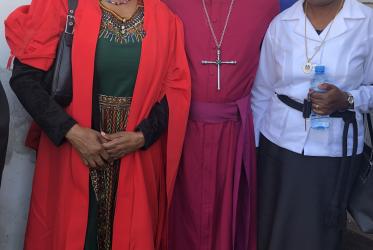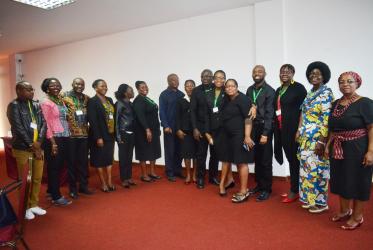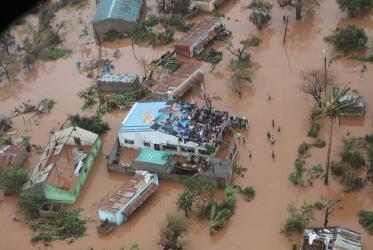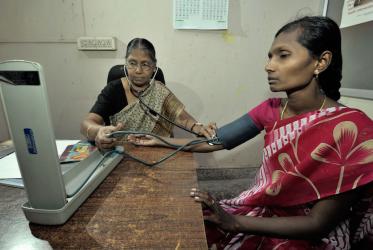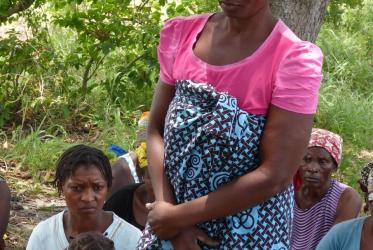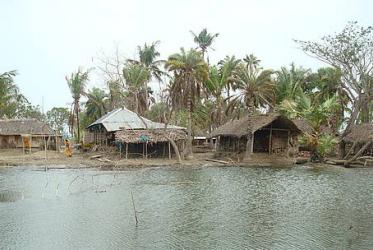Displaying 1 - 20 of 20
Young Africans are eager to grapple with challenges
09 January 2020
“Good healthcare a right, not a privilege,” says WCC-EAA
11 October 2017
New study lifts up voices of small farmers in Mozambique
24 August 2017
“It’s time to be brave, to form diverse partnerships”
02 March 2017
“Health and healing for all people, that is the challenge”
28 February 2017
Food and land justice focus of Mozambique workshop
19 December 2016
